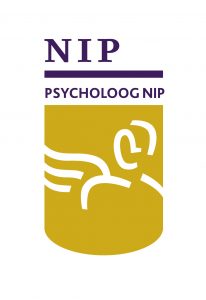For youth and adolescents
The family and the circumstances in which you grow up as a child form the basis from which your further life unfolds.
The development you go through as a child largely depends on the extent to which certain basic needs are met. In order to achieve healthy (social-emotional) development, a child needs attachment figures (parent(s)/guardian(s)) who are sensitively and responsively attuned to their child’s perception of the world. This means that the child receives love and acceptance, that it experiences affection and closeness, but also that there is safety and predictability and that it is offered space within safe frameworks to discover and connect with the world.
When this is provided to a sufficient extent and there is a secure attachment, the foundation has been laid for a good relationship with yourself and others. A solid identity and the ability to connect with other people in a healthy way is an important predictor for an enjoyable and successful life.
Unfortunately, the reality is often more unruly and it is possible that – despite the best intentions and efforts of you as parent(s)/caregiver(s) – the circumstances to which your child is (temporarily) exposed are not optimal. Think of a divorce, (birth) trauma, illness or loss of loved ones, bullying at school, etc.
In addition, your child may have an additional need, for example if there is a pervasive, neurobiological or neurodevelopmental disorder (ASD, Ad(h)d, dyslexia, giftedness or giftedness). It is also possible that your child shows certain complaints such as (failure), gloom, specific phobias, low self-esteem, compulsions, rebellious behaviour, persistent physical complaints (MUS/ALK), eating problems that are a reaction to an underlying, non- recognized emotional pain.
In all these cases, it is desirable to call in professional help to gain insight into the underlying factors and the context in which the symptoms occur. On the other hand, based on this new meaning, to improve the coordination between your child, you as parent(s)/guardian(s) and the various systems (family, school, sports club, etc.) in which your child operates. From a holistic view in which circular connections become visible, solutions present themselves that can remedy or minimize symptoms.
Young people aged 12 to 18 and their parents can come to us for therapy. We have extensive experience and expertise in this field.
Making an appointment
info@marlysenden.nl or tel. 043-2082008 or the contact page.
Location: Alexander Battalaan 51, Maastricht




